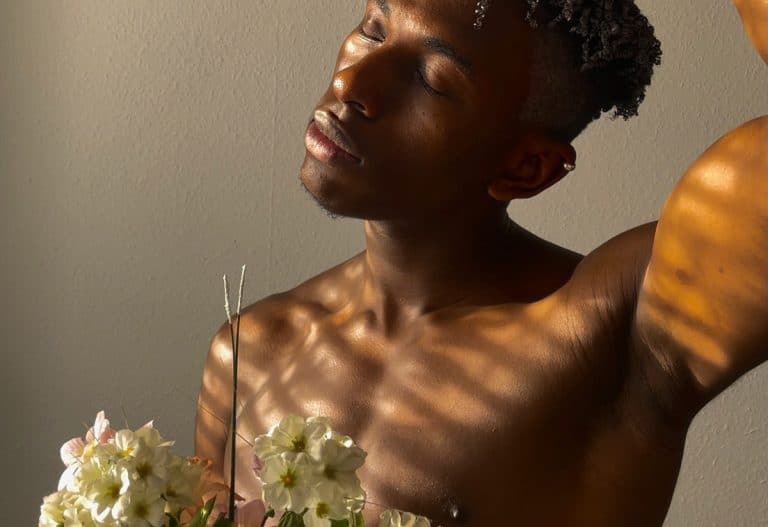10 lessons we should take from 2020 into 2021
This has been quite the year. A year of unlearning and learning then relearning again. Of picking and unpicking the parts of our lives we want to keep and recognising what we actually don’t need.
A reckoning of breakdowns also shifted into breakthroughs (is it any surprise that during the lockdown, numbers seeking talking therapy went through the roof?) and we all at one point realised we needed a balance of good as well as bad news.
Much of 2020 was about letting go: of the roles we always play, of control, and of everything we’ve become accustomed to. 2020 became the year of understanding, instead of retelling the same narratives over and over again. And although life felt on pause, it still continued—we still lived and learned a lot. Here are the 10 things I’m taking from 2020 into 2021.
1. Grief is everywhere
In British and Western cultures, we don’t know how to deal with grief. We don’t talk about it and we don’t really ask each other how they’re dealing with it, without washing over the pain. We don’t give time for an outpour of grief, even during a pandemic.
Those who have lost loved ones have been overlooked every day. That grief is not just grief when it’s pink and fresh and new, it still remains grief once its various shades of grey bring an inevitable ‘new normal’.
I learned that we still don’t know to talk about death even in our mortal lives spent trying to be the most recognised, the most famous, the most living person in the room, with the hopes that we’ll be remembered forever. That grief that we felt in 2020 also includes living losses, of where we thought we should be going, and that space needs to be held and grieved over too.
2. “Joy is not made to be a crumb”
As Mary Oliver writes in Swan. We should rush to the good and be patient with the in-between as well as the bad. Joy is not to be reduced, it is not made to be a crumb! Pain is a part of life, as is illness, death, love, friendship, laughter, ease, change, joy and seasons, and we can’t have one without the other.
3. Getting through it
Getting through it, for the sake of getting through it, is enough. But no one wants to go their whole lives simply surviving. We have to live too.
4. Beauty is a morale booster
Our relationship with beauty may have changed—perhaps, we’ve realised that the face we put on is tethered to make others feel comfortable, instead of doing it solely for ourselves, but beauty itself is ever powerful when everything else is going to shit.
When British soldiers liberated the Bergen-Belsen concentration camp in 1945, a large consignment of lipsticks eventually made its way to the camps. There’s a reason why huge numbers painted their lips happily, imagining one day of being free: beauty is uplifting, it’s a morale booster.
It can give a moment of hope, while on other days, it can be a part of a routine that gets you up in the morning. Beauty brings you into the present and during 2020, pushed us to look hard at ourselves and who we really enjoy being when it’s solely for ourselves. It should never be underestimated.
5. Rest is a fundamental right, not a treat
So when we’re procrastinating, thinking about all the things we ‘should’ be doing, or could be doing, it’s not real rest. Rest is switching off in order to switch on and resync. It’s a love letter to yourself and a prerequisite. In order to love others and the Earth, you have to adore yourself first, and that begins with old-fashioned rest.
6. Eating your mum’s food solves everything
Learning passed down recipes continues to soothe the soul as well as large cups of ginger tea. Try it if you haven’t already.
7. Humans need each other more than we like to admit
We rush to what we perceive as safety, building homes from the same things. Whether that’s clapping at the same time on a Thursday night, baking the same kind of bread or watching the same show. Simply, we need each other.
8. Ignorance is not bliss
Even during a pandemic, black, brown and ethnic minorities suffer disproportionately due to their race, alongside the working class, poor, elderly and disabled. We have a bigger class, race and abilities gap that we like to ignore every day. We can’t keep continuing like this and into 2021, just because we have been so far.
9. All Black Lives Matter
Anti-racist reading doesn’t equate to systemic change and a black man should never have to die in order for change to happen. No life will really matter until all Black Lives Matter. We should always give our roses to the people we love while we can and while they’re still here.
10. Love is key, not likes
Technology, social media and crazes are the extra bits to life whereas the core should always be the people we love. As 2020 showed, the little things we have with one another are rarely just the little things.





